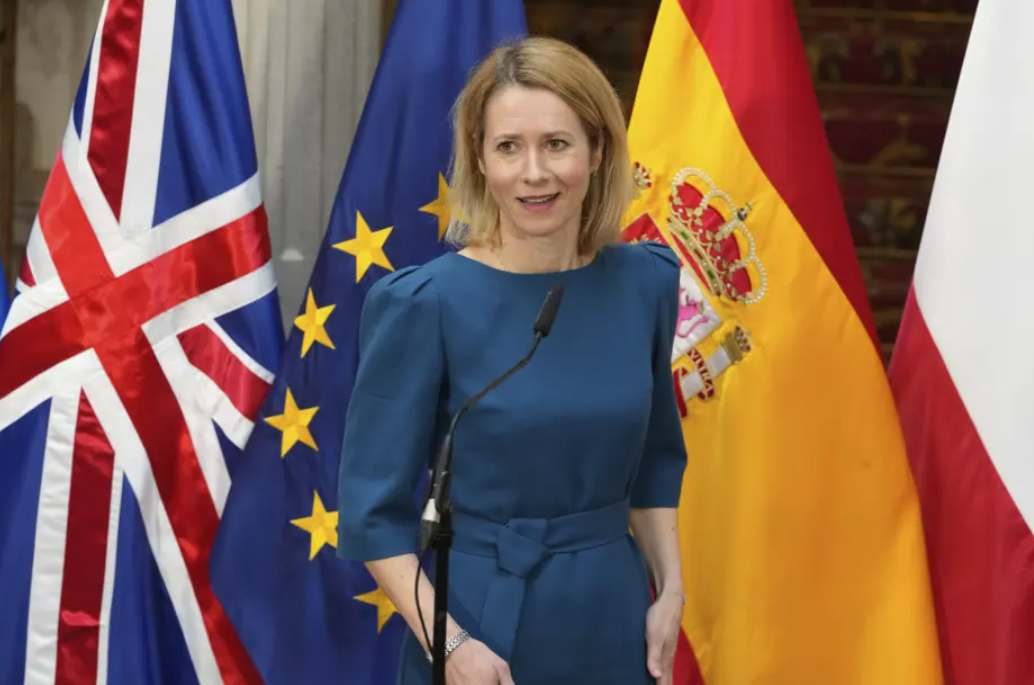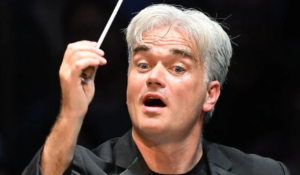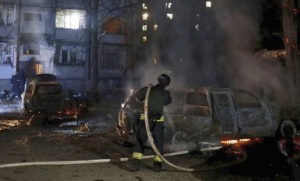The European Union’s foreign policy chief, Josep Borrell, praised Albania’s “ambitious” plan to complete full membership negotiations within two years and urged the country’s political parties to support challenging reforms. Borrell, on a regional tour, visited Tirana to meet with Albanian leaders and reaffirm the country’s future within the EU.
“Albania has an ambitious agenda to close EU negotiations in the next two years,” Borrell said alongside Albanian Prime Minister Edi Rama. “It’s crucial to maintain the momentum of reforms, even though they are often difficult.” He added, “Albania’s future is in the European Union.”
Later in Bosnia, Borrell expressed concerns about the country’s fragile security situation, following separatist actions by the Bosnian Serb leadership that have triggered a constitutional crisis. “These actions violate Bosnia and Herzegovina’s EU commitments,” he stated. “We will not tolerate any threats to the country’s territorial integrity, sovereignty, and constitutional order. Attempts to break up Bosnia are unacceptable.”
Countries in the Western Balkans—Albania, Bosnia, Kosovo, Montenegro, North Macedonia, and Serbia—are at varying stages of their EU membership applications. Frustrations over slow progress have grown, but Russia’s invasion of Ukraine in 2022 prompted European leaders to accelerate integration efforts. While Albania began full membership negotiations in 2020, Bosnia lags behind due to deep-rooted ethnic and political divisions from the 1992-95 war.
Russia has supported Milorad Dodik, the separatist president of Bosnia’s Serb-run entity, who faces sanctions from the U.S. and the U.K. for undermining Bosnia’s postwar unity established by the 1995 Dayton Peace Agreement.
In Albania, Borrell commended the country’s alignment with EU policies on Russia. “Your decision to fully implement EU sanctions against Russia, along with your political, military, and humanitarian support for Ukraine, reflects your commitment to our shared values,” he said.
Prime Minister Rama expressed hope to finalize EU negotiations by 2027 and achieve membership by 2030. “We will not rest until we step through the EU’s door and sit at the same table,” Rama declared.
Albania is part of the EU’s growth strategy, expected to receive over 920 million euros ($1 billion) in the next decade. Additionally, Albania signed a 90 million-euro ($98 million) agreement with the European Investment Bank to rebuild the railway connecting the port of Durres to Rrogozhine. Borrell described the project as crucial for “military mobility in Southeast Europe, which is vital given current security challenges.”
The funds include a 60.5 million-euro ($66 million) grant from the Western Balkans Investment Framework and a 30 million-euro ($33 million) loan from EIB Global, supporting the modernization of the 34-kilometer (21-mile) railway. The total project cost is 121 million euros ($132 million), with an additional 30 million euros ($33 million) from the European Bank for Reconstruction and Development.
“This project will enable safer, more efficient, and sustainable transportation, fostering economic growth and regional integration,” the statement noted.
Albania’s parliamentary elections are scheduled for May 11, with Rama’s Socialist Party campaigning on EU membership as a key goal. The opposition accuses the Socialists of corruption and failure to advance the country’s progress.













